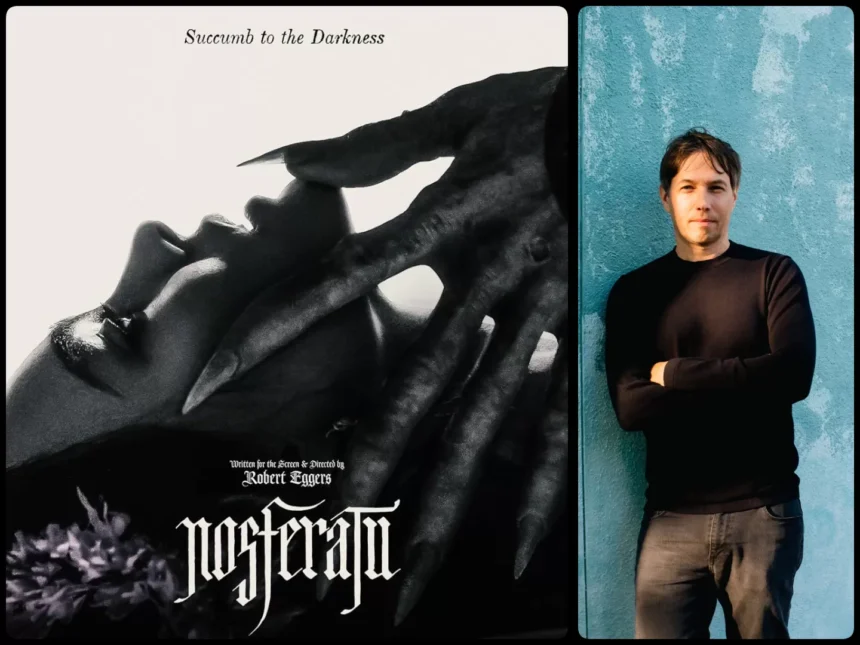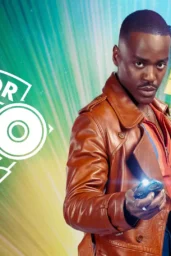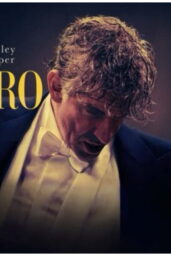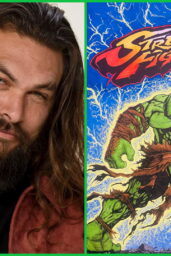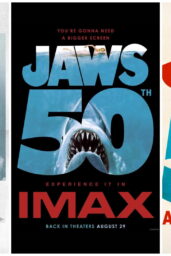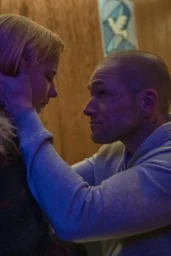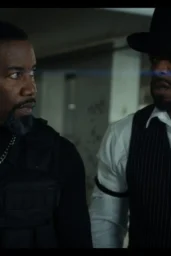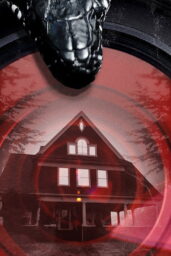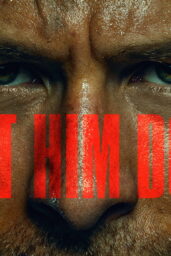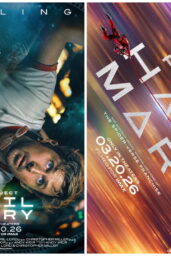Some films linger in the mind like a persistent shadow. Robert Eggers' long-awaited “Nosferatu” is one such cinematic phantom, a mesmerizing reimagining of F.W. Murnau's silent classic that has captivated audiences since its theatrical release. The film, anchored by masterful direction and riveting performances, has stirred up significant buzz, even earning accolades from celebrated filmmaker Sean Baker, known for his humanistic storytelling in “Anora.”
Baker's verdict? “Nosferatu” might be the best film of the year. “It's going to be very hard to beat,” he wrote on social media, praising its “glorious cinematography” and lauding Lily-Rose Depp and Nicholas Hoult as worthy of awards consideration.
But does this modern rendition live up to its lofty praise? Let's delve into the film's gothic brilliance and explore why it's already being heralded as a landmark achievement in 2024.
Robert Eggers has solidified his place as a filmmaker with a unique vision, delivering atmospheric works like “The Witch” and “The Lighthouse.” With “Nosferatu,” Eggers tackles the vampire mythos with both reverence and reinvention. The narrative follows the ill-fated journey of Thomas Hutter (played with quiet intensity by Nicholas Hoult), who ventures to the foreboding castle of Count Orlok, played with eerie elegance by Willem Dafoe. The presence of Lily-Rose Depp as Ellen adds emotional gravity, her vulnerability juxtaposing the nightmarish terror that ensues.
The visual palette of “Nosferatu” is nothing short of breathtaking. Cinematographer Jarin Blaschke, a frequent Eggers collaborator, crafts a gothic tableau drenched in shadow and flickering candlelight. The mise-en-scène feels tactile, with every cobblestone and decayed timber oozing atmosphere. The production design evokes the German Expressionism of the original film while injecting a modern cinematic flair.
Composer Mark Korven's score heightens the dread, weaving an orchestral soundscape that lingers in your subconscious. The interplay between sound and image is so seamless that it feels less like a film and more like an immersive nightmare.
Critical consensus reflects the film's achievements, with an 82 on Metacritic and a 90% fresh score on Rotten Tomatoes. Its $25M opening weekend projection suggests strong commercial interest, which could pave the way for Eggers to greenlight his next passion project, “The Knight.”
However, “Nosferatu” isn't without its polarizing elements. Some critics have noted its deliberate pacing, which can feel plodding for audiences accustomed to fast-cut blockbusters. The dialogue—often sparse and laden with antiquated language—may alienate viewers seeking modern sensibilities. But for those willing to surrender to its spell, the film is a haunting exploration of fear, desire, and the human condition.
Personal Impressions: I approached “Nosferatu” with tempered expectations, and yet I found myself utterly transfixed. Eggers' ability to build tension and dread is unparalleled. Willem Dafoe's Count Orlok is a masterclass in restrained horror—not monstrous in appearance alone, but in the quiet menace he exudes. Lily-Rose Depp's Ellen, though fragile, becomes a beacon of emotional strength, grounding the film in poignant humanity.
What sets “Nosferatu” apart is its thematic depth. Eggers explores the nature of monstrosity—is it innate or cultivated by circumstance? Orlok is as much a tragic figure as he is a predator, a duality that lingers long after the credits roll.
While the pacing could test patience, it's this deliberate tempo that allows the story to seep into your psyche. This isn't just a horror film; it's a meditation on mortality and the darkness within us all.
What did you think of Robert Eggers' “Nosferatu”? Do you agree with Sean Baker that it's the best film of 2024, or did it leave you yearning for more? Share your thoughts below!

